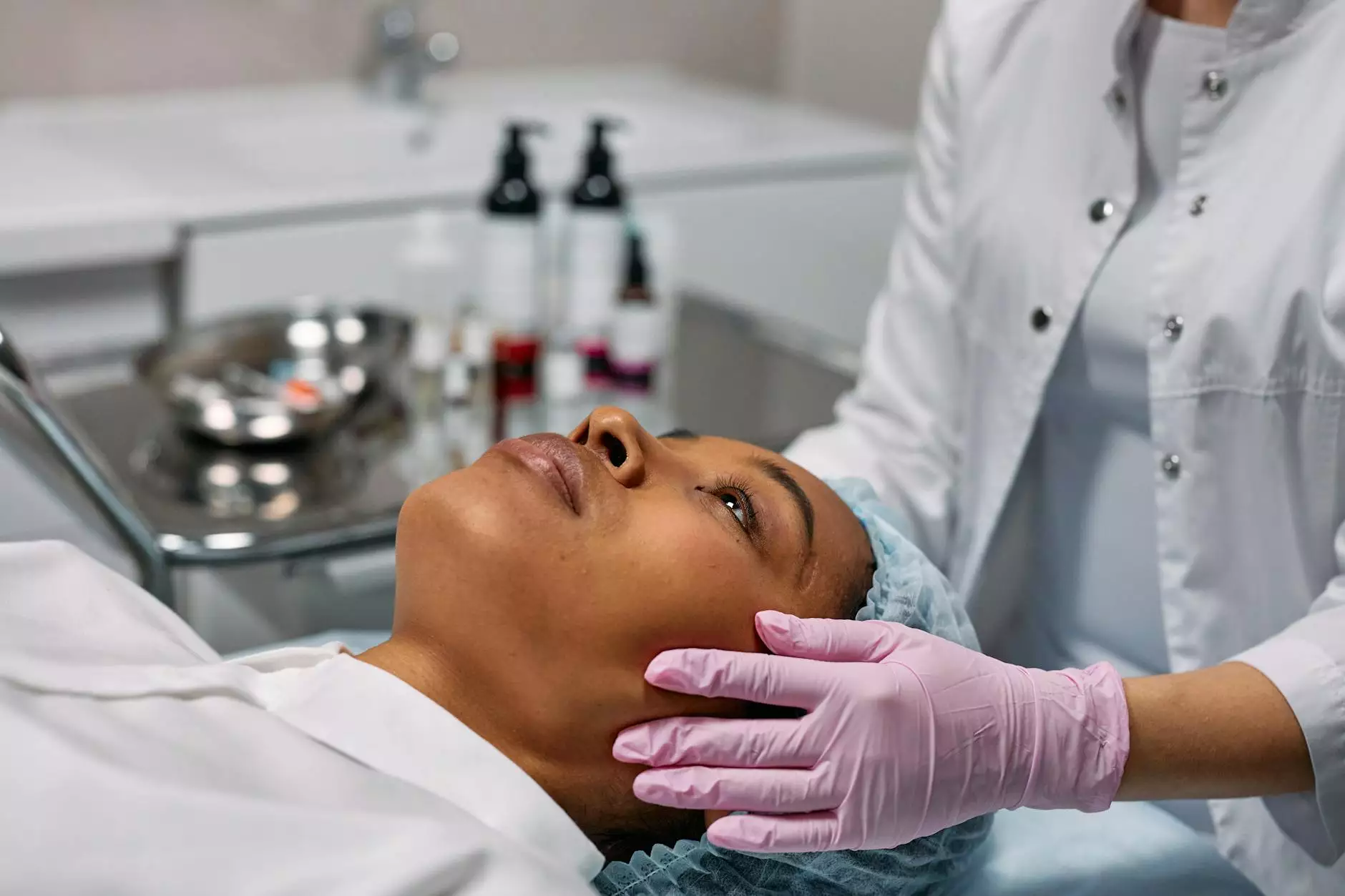Transforming Healthcare: The Influence of USC Mobile Clinic on Community Wellness

The pursuit of optimal health is a fundamental right for every individual. In today's fast-paced world, access to quality healthcare can often be a challenge, especially for underprivileged communities. This is where innovative health solutions shine, such as the USC Mobile Clinic. This article delves into how this mobile healthcare solution is making a significant impact on community health and well-being.
What is the USC Mobile Clinic?
The USC Mobile Clinic is a pioneering initiative designed to provide essential medical services directly to communities in need. Operated by the University of Southern California, this clinic aims to bridge the gap in healthcare access by bringing medical professionals and services directly to underserved populations.
The Importance of Mobile Clinics in Today's Healthcare Landscape
Mobile clinics play a critical role in today's healthcare system, especially in a society where health disparities continue to widen. Here are some of the significant benefits and necessities of mobile clinics like the USC Mobile Clinic:
- Increased Accessibility: Mobile clinics eliminate the barriers of transportation and geographical constraints, providing healthcare to those who may not have the means to travel to medical facilities.
- Cost-Effective Services: Many services provided by the USC Mobile Clinic are either free or offered at a significantly reduced cost, making healthcare accessible to low-income families.
- Preventive Care: Mobile clinics focus on preventive health measures, including vaccinations and screenings, which can prevent serious health issues before they arise.
- Community Engagement: Mobile clinics engage with community members, fostering a greater understanding of health issues and encouraging individuals to take charge of their health.
Services Offered by the USC Mobile Clinic
The USC Mobile Clinic provides a wide range of services aimed at addressing the comprehensive health needs of the community. Some of the key services include:
- Primary Care: Comprehensive assessments and treatment for chronic and acute conditions.
- Preventive Services: Immunizations, health screenings, and wellness checks to promote a healthier community.
- Mental Health Services: Counseling and psychiatric services to address mental health issues faced by community members.
- Health Education: Workshops and seminars on nutrition, physical activity, and disease prevention, empowering individuals with knowledge about their health.
Outreach and Community Impact
The community outreach of the USC Mobile Clinic is a cornerstone of its operation. Engaging with diverse neighborhoods, the clinic actively participates in local events, health fairs, and educational programs. The proactive outreach helps in:
- Identifying Health Needs: By engaging with community members, the clinic can pinpoint specific health concerns and tailor services accordingly.
- Building Trust: Establishing a rapport with the community is crucial in healthcare. The mobile clinic fosters trust by providing consistent and compassionate care.
- Increasing Health Literacy: The clinic educates the population about available health resources, helping them make informed health choices.
The USC Mobile Clinic's Role During Health Crises
During health crises, such as the recent pandemic, mobile clinics like the USC Mobile Clinic have proven to be invaluable. Their ability to provide immediate and flexible responses to health emergencies plays a crucial role in community resilience. Some ways they contribute include:
- Testing and Vaccination: The mobile clinic is equipped to conduct COVID-19 testing and administer vaccines, ensuring community members have access to critical health services.
- Health Monitoring: Continuous health monitoring and education on preventive measures help minimize the spread of infectious diseases.
- Providing Resources: The clinic connects individuals with resources for mental health support and financial assistance during challenging times.
Success Stories from the USC Mobile Clinic
The real impact of the USC Mobile Clinic is illustrated through remarkable success stories. Here are a few examples:
- Improved Health Outcomes: Many community members have reported better management of chronic diseases, thanks to regular check-ups and personalized care provided by the clinic.
- Increased Awareness: Educational initiatives have led to a noticeable increase in health awareness regarding vaccinations, nutrition, and mental health, empowering individuals to make healthier choices.
- Community Collaboration: The clinic has fostered partnerships with local organizations, enhancing the collective impact on community health and resource availability.
How to Access Services from the USC Mobile Clinic
Accessing the services of the USC Mobile Clinic is designed to be straightforward and user-friendly. Here’s how individuals can benefit from the clinic:
- Visit the Clinic: The mobile unit regularly schedules visits to various community locations. Check the website for the current schedule and locations.
- Appointment Booking: Individuals can often book appointments through the website or by contacting the clinic directly.
- Walk-Ins Welcome: The USC Mobile Clinic accepts walk-ins, enabling immediate access to care when necessary.
Challenges Faced by Mobile Clinics
While the USC Mobile Clinic makes significant contributions to community health, it also faces certain challenges:
- Funding Limitations: Sustaining operations often depends on grants and donations, which can vary in availability.
- Logistical Issues: Travel routes, equipment maintenance, and staffing can complicate service delivery.
- Awareness Outreach: Continually reaching and educating the community about the mobile clinic’s services is essential but can be a challenge.
The Future of Mobile Healthcare
Looking ahead, the future of mobile healthcare, exemplified by the USC Mobile Clinic, appears promising. Innovations in technology, such as telemedicine and mobile health applications, are likely to enhance service delivery. Furthermore, as healthcare continues to evolve, mobile clinics will play a pivotal role in addressing health disparities and improving overall community health.
Conclusion
The USC Mobile Clinic stands as a beacon of hope for many communities, showcasing how mobile healthcare can effectively address gaps in service and elevate community health. Through ongoing outreach, comprehensive services, and unwavering commitment, this initiative not only enhances access to care but also fosters a healthier, more informed community population. As we recognize the importance of such healthcare models, supporting initiatives like the USC Mobile Clinic becomes vital in the collective journey toward health equity.








